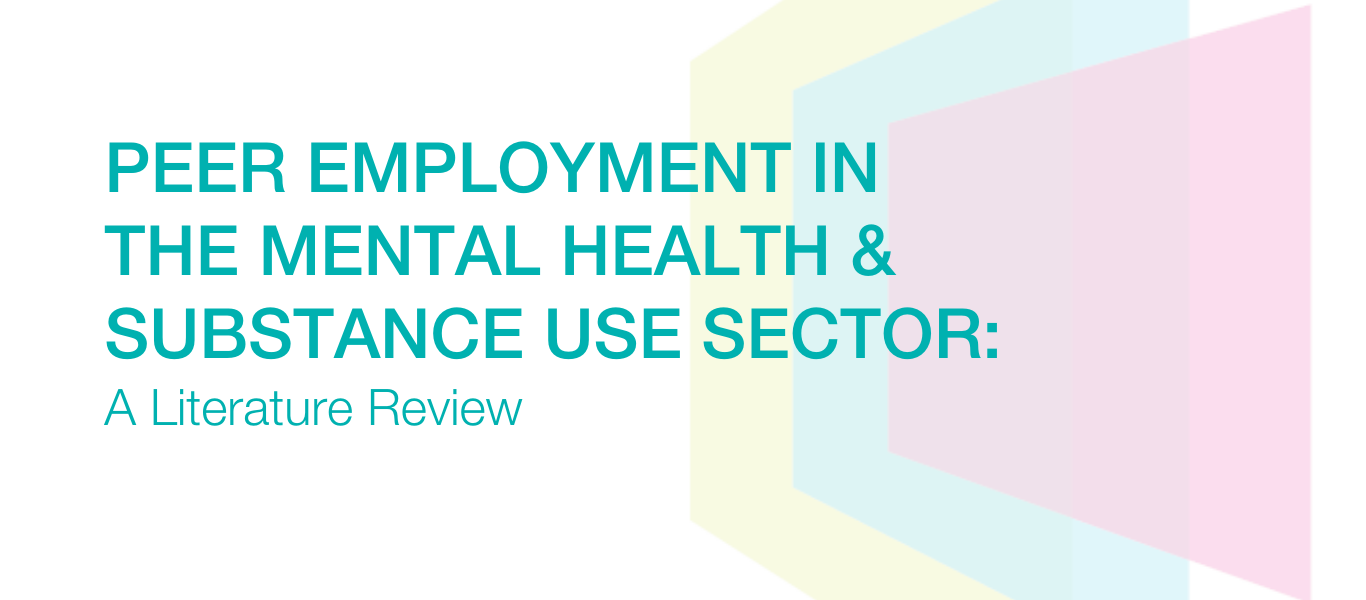
The research team completed a literature review, compiling peer-reviewed studies, reports and other materials to bring together the most recent and relevant data about peer work from multiple jurisdictions worldwide, including the UK, the United States and Canada. This data provided important background and context to inform our primary research and the overall findings and recommendations in the Peer Employment Report.
Peer workers are often paid less than their non-peer colleagues, and in some cases, are the only people around the table who are not paid at all. There is also a pay imbalance between peers who use drugs and peers who do not. The former also experience limited access to benefits compared to other peers who are doing the same tasks. Inadequate compensation leads to greater financial stress which is heightened further when peer workers are given limited hours to work. Moreover, low wages can give the impression that the work peers do is not valued and can create unequal power dynamics that cause tension and resentment within a team. Peer workers should receive livable wages that reflect the immense value they bring to the team.
